What compels an ordinary man to become a monk? Rama Lakshman Das answered this question for HatkeStory and gave us a peek into his life. Born as Lakshma Reddy in a south Indian family, he spent the first 26 years of his life like any of us. The only difference was that this future monk had too many questions about life that were unanswered. Being from a Hindu family, Lakshma visited temples, but it didn’t answer his questions.
Life Before Becoming A Monk
Like most of us, Lakshma was preparing to be a doctor according to his parents’ wishes. During his intermediate days, Lakshma’s curiosity increased because of a lesson in genetics. He wondered why things were the way they were. Why does the heart stop at death? What happens after death?
The medical answer didn’t satisfy Rama Lakshman Das. Unable to find someone who could answer his questions satisfactorily, he kept to himself. Lakshma went to the Manipal University in Karnataka to study Physiotherapy. It was only in the final year of Physiotherapy that Lakshma’s curiosity began to find some answers. His classmate, who habitually went to the temple and heard discourses on the Bhagavad Gita, heard him patiently.
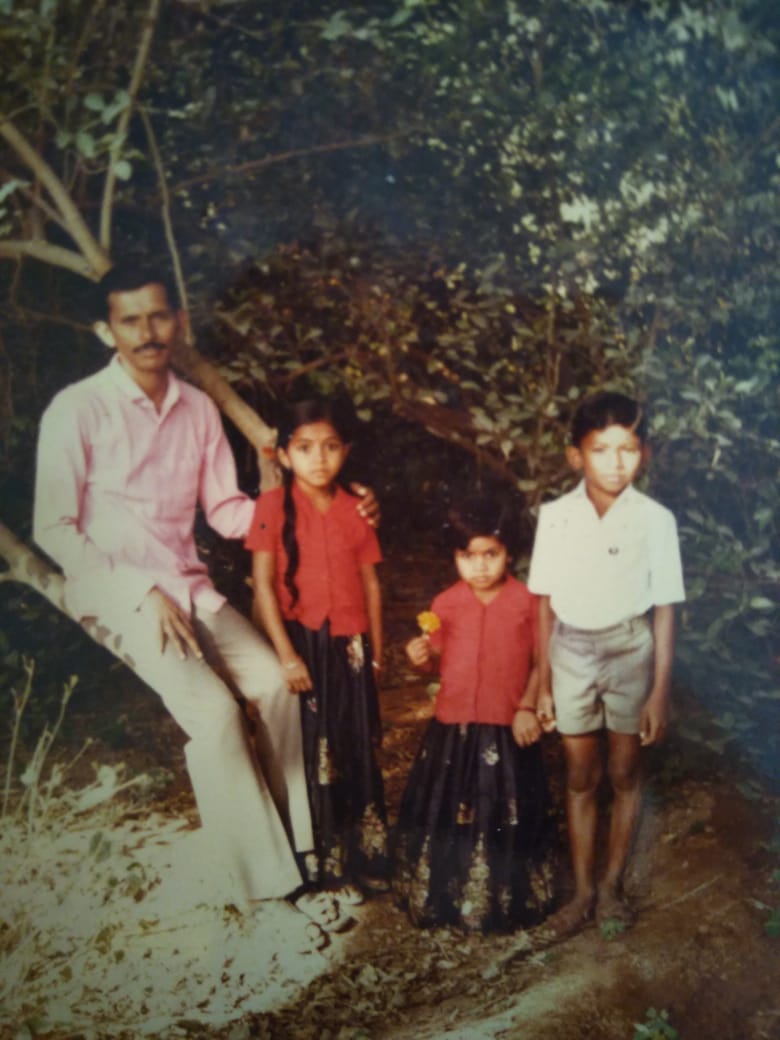
Life-Changing Experiences of Lakshma
The year 2002 was life-changing for Lakshma. One night, after dinner, Lakshma poured his heart out to his friend. To his surprise, Lakshma heard exciting answers from his friend. Lakshma’s visits to the hospital as a Physiotherapy student and later while working in Hyderabad brought more questions to him. These questions gradually increased his desire to become a monk. He wondered why people are living the way they are. Some of his patients had paralysis, and others survived a heart attack—all of this resulting from bad habits like smoking and drinking alcohol.
Lakshma wondered why such well-to-do people fall prey to such bad habits. It added more questions to his mind. Lakshma started wondering what the point of earning money and leading a regular life was. Why should he work so hard if a regular life will give him a stroke or a heart attack?
Isn’t it better to be a monk? Lakshma started introspecting further to get clarity on what he wanted to be. While exploring this, he dived deeper into the philosophy of Bhagavad Gita. Even after connecting with many gurus, he was still seeking answers. Visits to the International Society for Krishna Consciousness (ISKCON) temples gave him the answers he had been looking for.
A Monk Is Born
In 2007, Lakshma decided to give up material things like a job and a family to live like a monk. His desire to connect with God grew stronger by the day, and finally, in 2009, he took the big step. He resigned from his job on the auspicious day of Vijayadashami to lead a life of a monk. It is a procedure in ISKCON where your Guru Maharaj gives you a new name after initiation. From Lakshma Reddy, he became Rama Lakshman Das.
Along with the name, his attire also changed. Now, Lakshma wears the traditional dhoti-kurta (Indian attire). Lakshman’s transformation from a physiotherapist to a monk was drastic and sudden for his family and friends, but gradually. He believes that growing up as a monk was graduation, not the gathering he attended at the Manipal University in Karnataka.
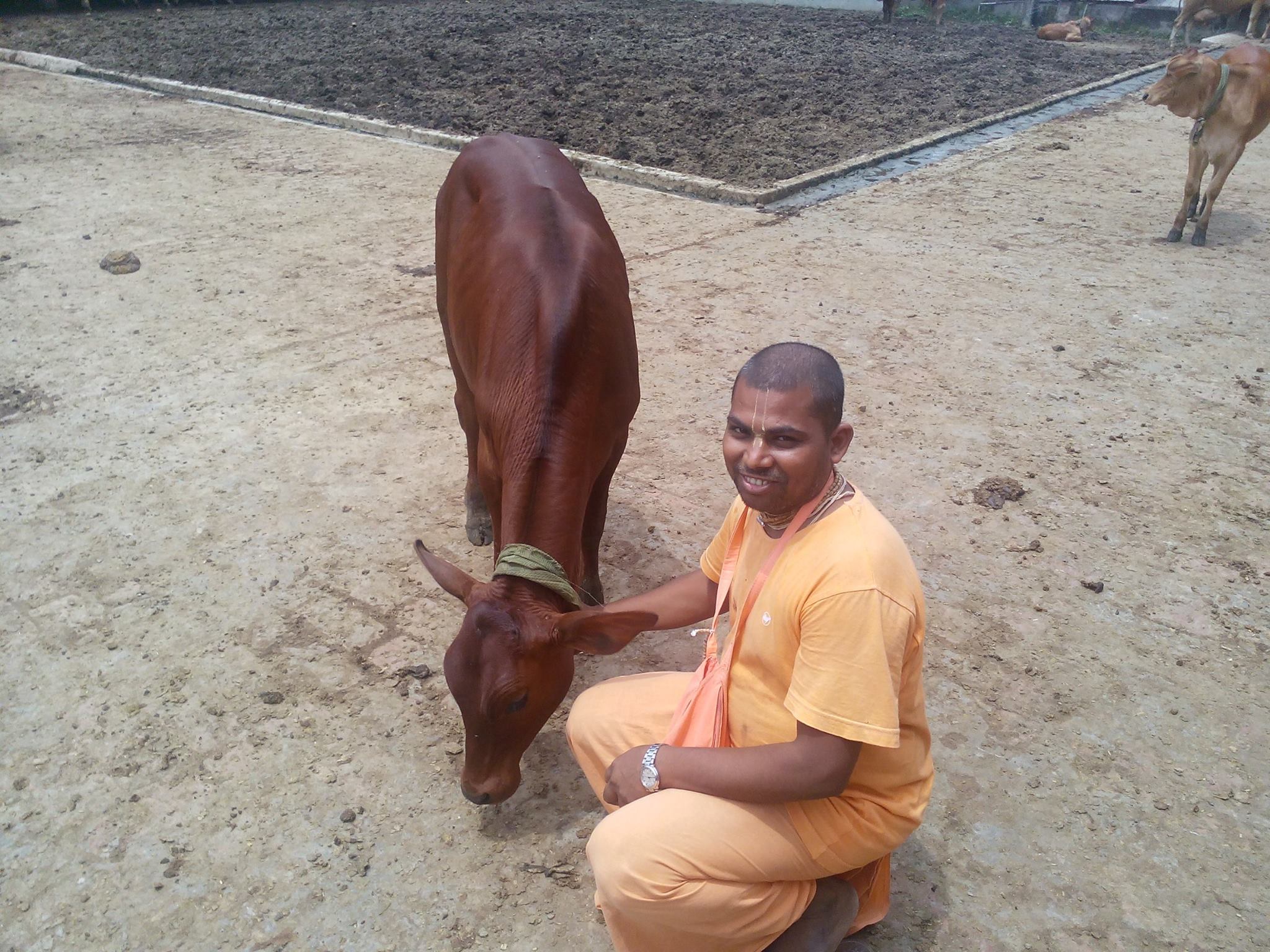
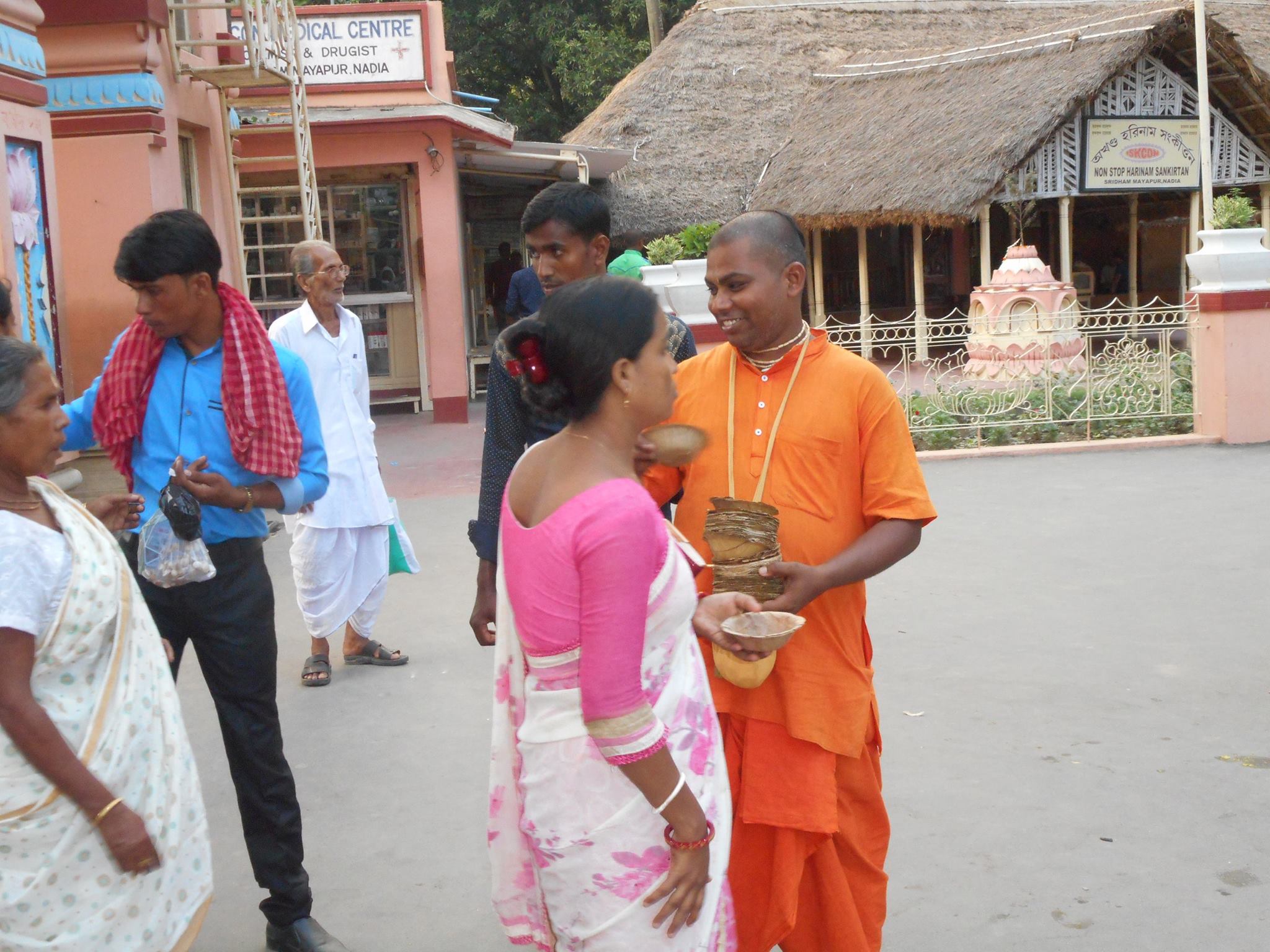
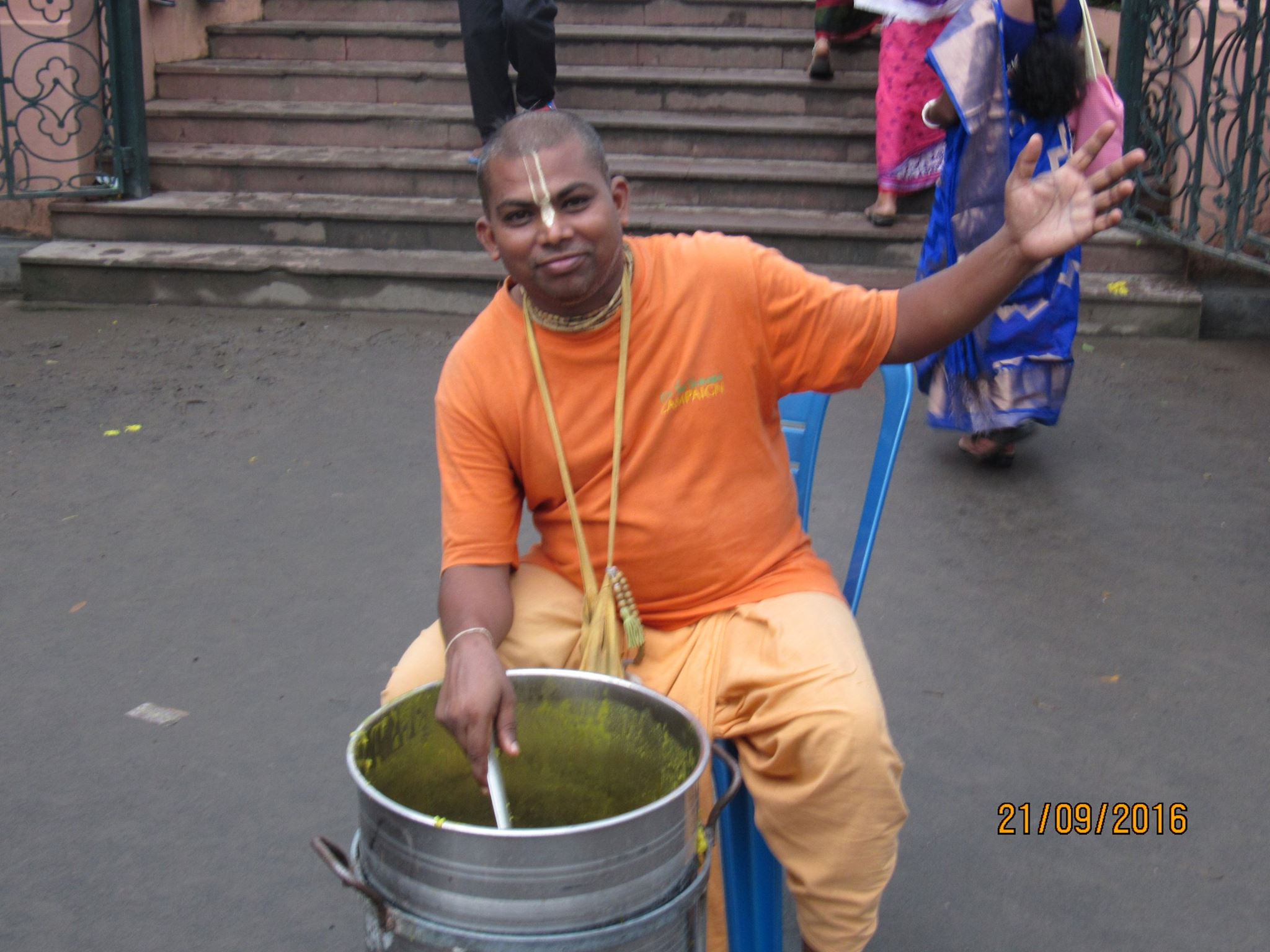
A Revelation To The Family
Since Lakshma’s transformation was not visible to the people around him, his parents were shocked! They couldn’t understand why he took such a drastic step. They expected him to pursue a good job, get married, have children, and follow the norm like regular parents. It took them a couple of years to understand and accept his decision.
Today, they support him and are also deeply involved in Krishna bhakti (devotion). Lakshma says it is because of their blessings that he can continue on this path. Lakshma has been living the life of a monk for the last 15 years very peacefully.
It is not easy for anyone to leave their family and walk into the temple as a detached monk. However, Lakshma’s situation was slightly different. He has been away from home since his 5th grade and studying in a residential school. It does not mean that the separation meant nothing to Lakshma and his family.
They, of course, love and care for each other, but the benefit here is that the monk knew how to live independently. The spiritual knowledge inspired him to stay connected with God. Lakshma believes that the values imparted in the Indian family gave him the strength to step out of home and start his journey on the spiritual path.
Embracing Change Gracefully
To leave a respectable profession like physiotherapy and take up spirituality is an unusual choice. When Lakshma could have helped a lot more people as a physiotherapist, why did he choose to be a monk? Destiny is his answer to this question. He firmly believes that things happen for a reason. It was meant to be Lakshma’s transformation into a monk.
As a monk, he serves society by reminding the people about their spiritual roots. Modern society seems to have forgotten its spiritual connection. Monks like Lakshma are here to remind us of that. Lakshma says that the Bhagavad Gita is a manual that tells us how to use the human form of life.
Lakshma smoothly adapted to the changes in life after becoming a monk. He says the life of a monk is more organized than an ordinary person. People these days sleep and eat at varying times. A monk, on the other hand, sticks to a schedule. Now, Lakshma’s day starts at 3 a.m. He, along with other monks, participates in a few hours of worship followed by chanting the Hare Krishna Maha Mantra (Hare Krishna Krishna Krishna Hare Hare Hare Rama Rama Rama Hare Hare).
The chanting goes on for an hour and a half. Then there is a class, which teaches them the essence of spiritual literature. It is followed by Prasadam (breakfast) at 9 a.m. As a monk, Lakshma eats only vegetarian food cooked without onion and garlic. Each monk in the monastery is assigned some work related to the temple according to his spiritual qualification.
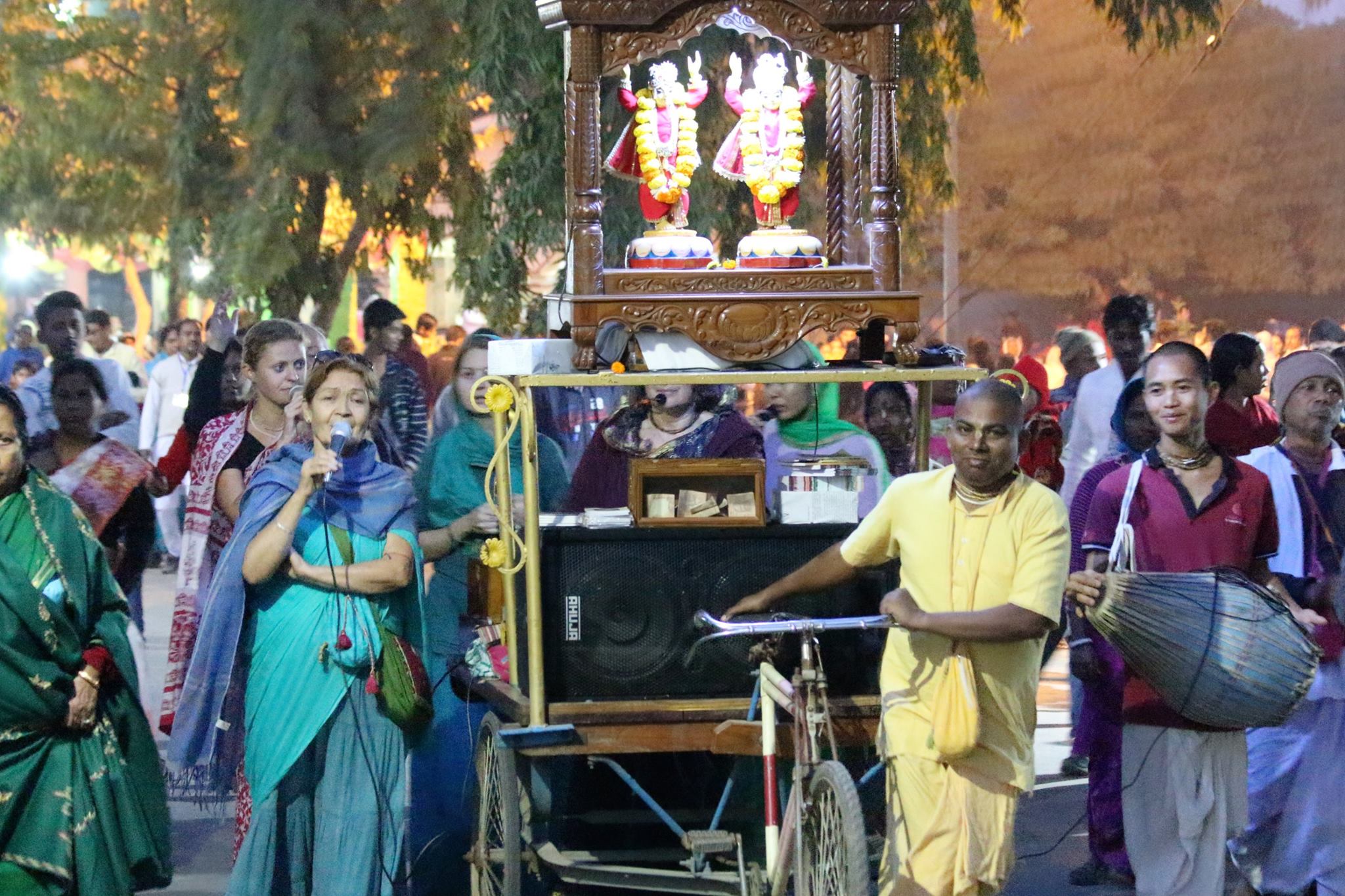
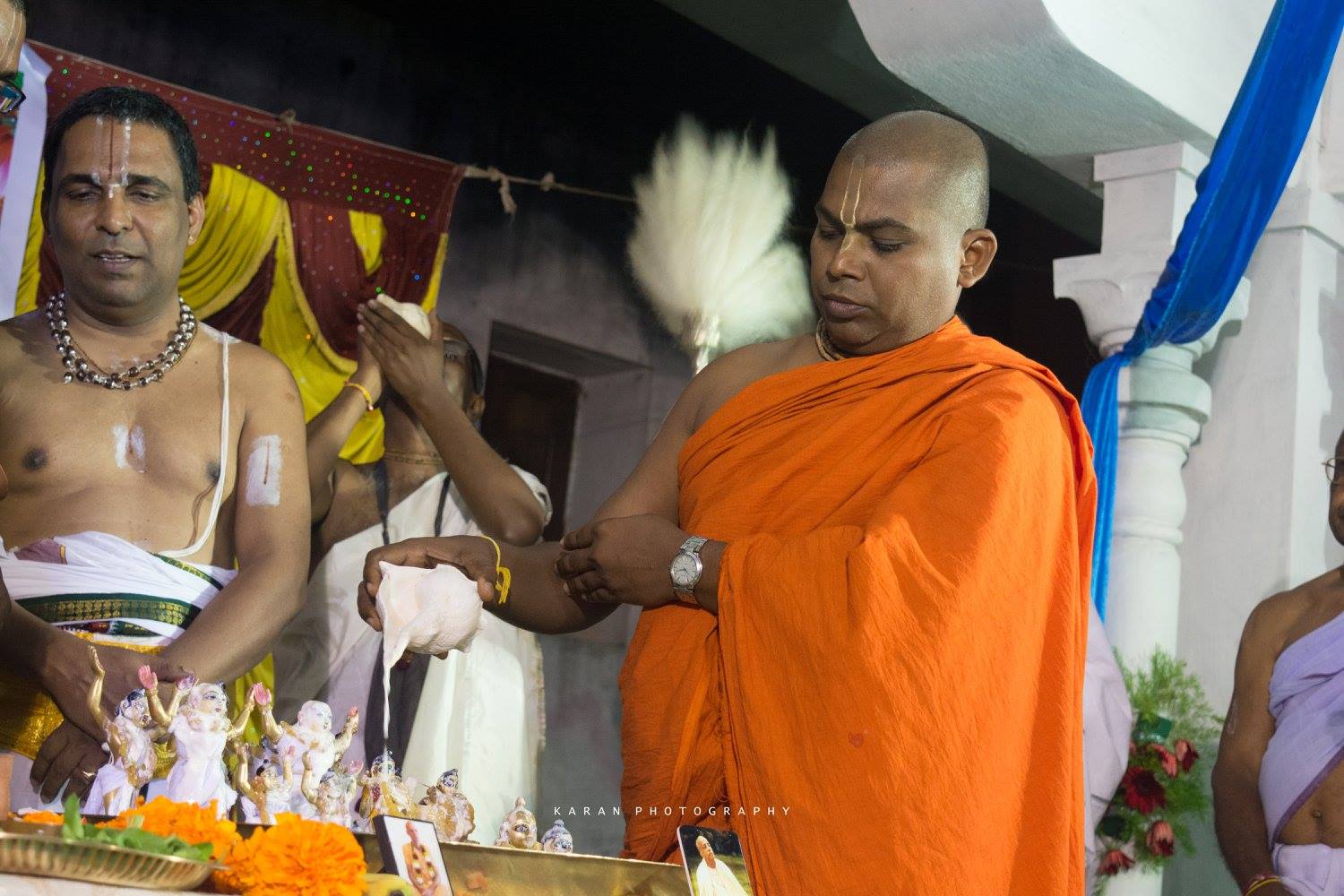
Their day is packed with prayers and spiritual lectures. Lakshma and the other monks like him follow the early-to-bed-early-to-rise concept. His day ends before 9 p.m. After studying spiritual books within the monastery, Lakshma served as secretariat director for ISKCON Daiva Varnashrama Ministry-India.
It was in Mayapur, West Bengal. He organized courses like Astrology, Ayurveda, Yoga, Cow care, and Farming in this position. The teaching-learning process in ISCKON took Lakshma to Cambodia, Indonesia, Malaysia, and Singapore, where he gave lectures about Vedic culture in all these places. Monks at ISCKON make these connections during book distribution and traveling from where they get invited to places.
The Monk’s Current Responsibilities At ISKCON
Lakshma actively takes care of organic farming and cow care within ISKCON. As monks, they try to make the best of donations and grow their food. Lakshma is now in Udupi, Karnataka. Here, he serves as a Rural Youth Outreach Director.
ISKCON has made its impact in 90 cities across India. As a part of this vast organization, Lakshma feels compelled to spread Krishna Bhakti among the people. Lakshma aspires to share the message of their founder Acharya Srila Prabhupada, which is to spread the teachings of Vedic literature.
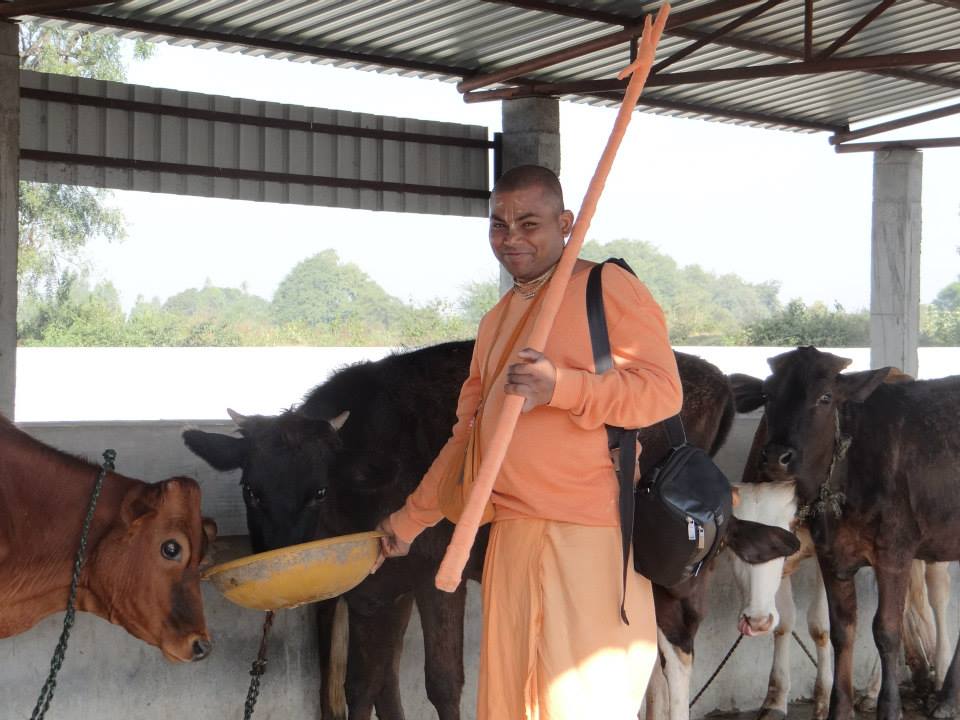
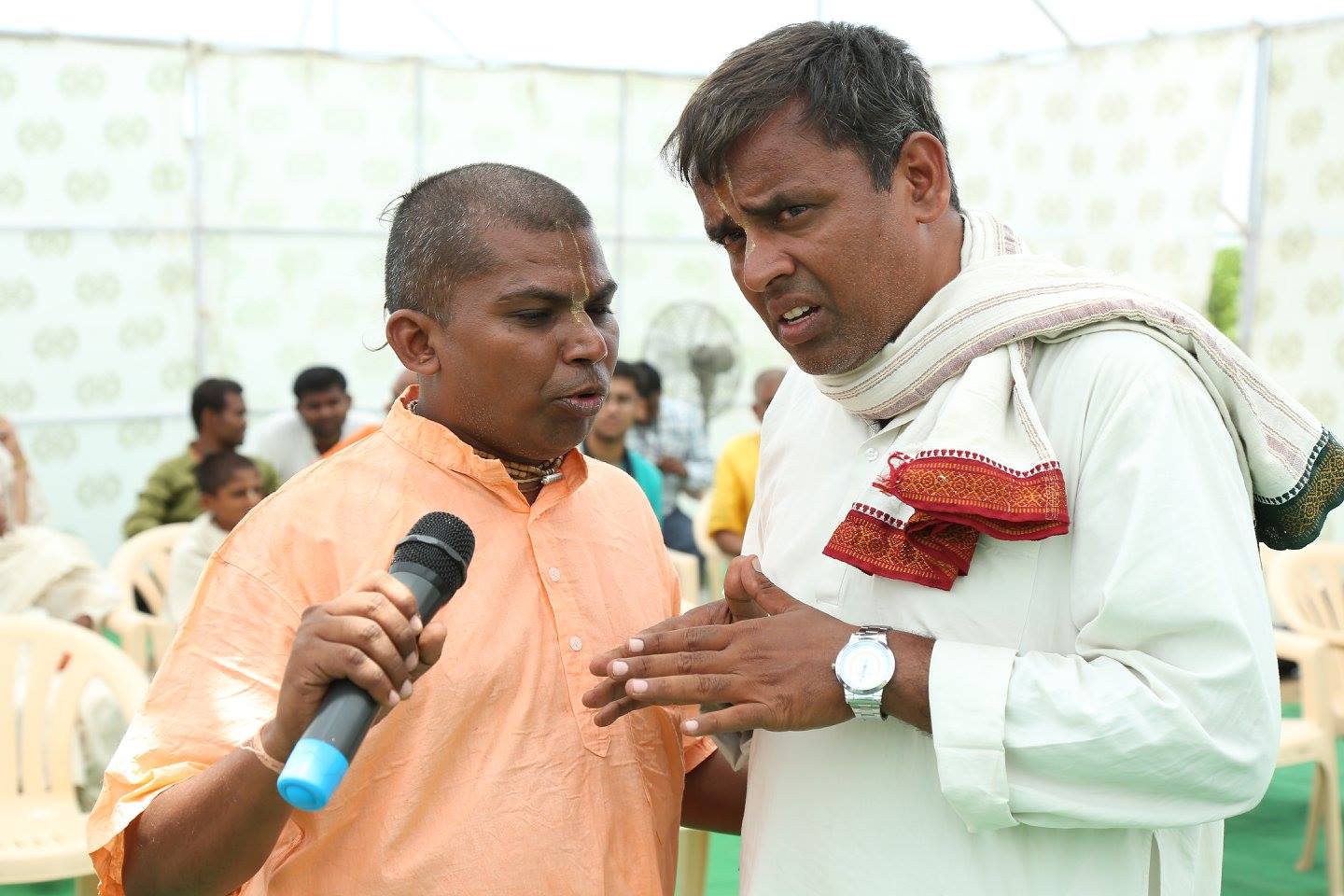
Like us on FB, if you find our content interesting: https://www.facebook.com/hatkestoryofficial/
Do you have an interesting incident or experience to share with the world? Write to us, and together we can discuss how to weave your story and present it to the world. Would you mind sending us your story?

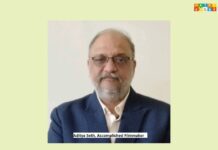



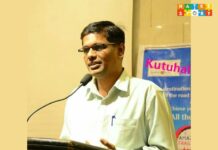

It is not my first time to go to see this website, i am
browsing this website dailly and get nice facts from here daily.
Good day! I just want to give you a big thumbs up for your great information you’vegot here on this post. I will be coming back to your blog for more soon.